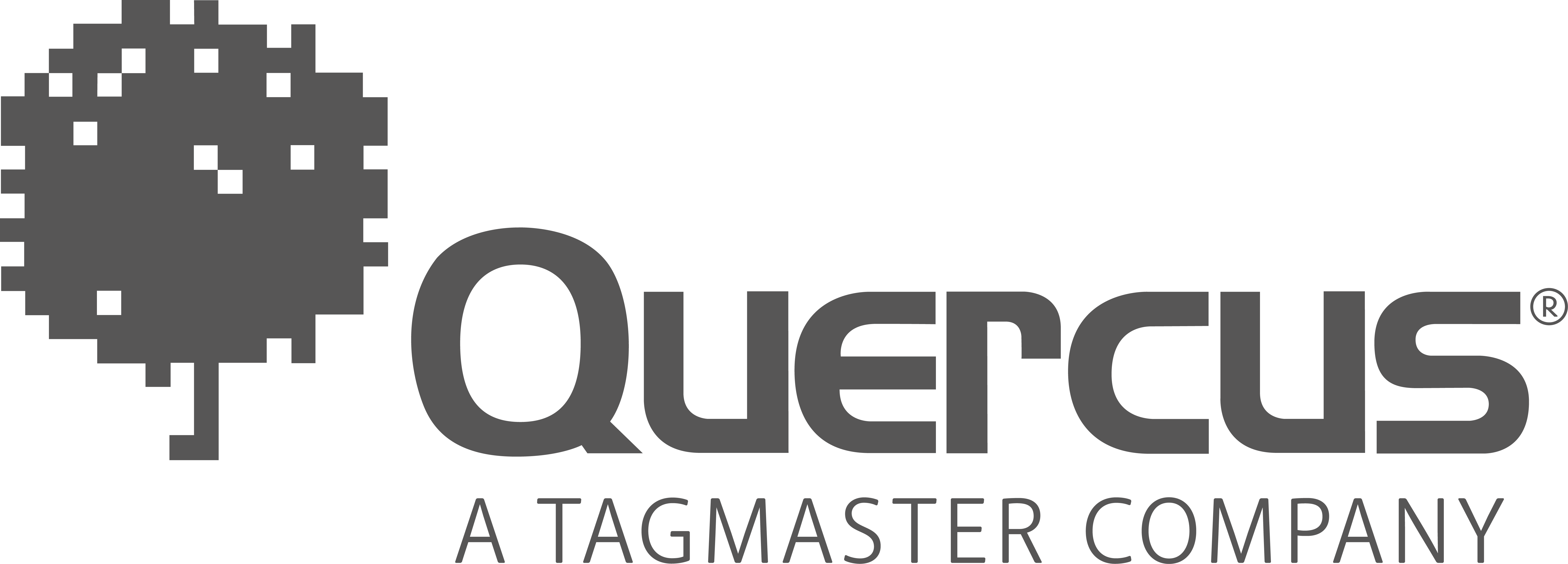Redefining sales relationships: breaking the ice during the pandemic
Looking back, it seems odd. We have lived through a pandemic that paralyzed our lives for nearly a month, and changed our habits and routines for some two years. But as a species, our capacity to overcome adversity is only comparable to our capacity to forget what happened. It’s crystal-clear: overcoming and forgetting are communicating vessels in this case.
Let’s go back to the end of February, 2020. I had just started in my new role in the Detection area of Quercus Technologies after a long-time co-worker had left. For some time, I’d been hearing about how coronavirus was wreaking havoc in Asia, but that seemed far away. Although, as we now know, in a globalized world nothing is ever very far away.
I was on my last business trip before lock-down. It had been an average trip: a couple face-to-face meetings, a training course and even a dinner. No face-masks, or any other kind of protection. Business as usual. Then March 12, 2020 came. It was a Thursday, the day when I knew I would not be able to leave my home the next morning. For at least 15 days.
Those of us who work in sales in the technological sector have been using video-calls and working from home for some time. But it had always been an option, not a necessity. These things hinder our possibilities to create an atmosphere of trust with customers, as our dealings become more impersonal, and communication is reduced to spoken language. Well, what had once been an option became the only possibility for quite a while.
The first steps as of March 12 were calls and e-mails to inform on the situation. As everyone knows, each country took similar measures, so the situation was more or less the same for everyone. From then on, in light of first, the impossibility, and later the difficulty to travel and meet in person, video-conferencing came to the fore as the main substitute.
From then on, we found ourselves in an endless variety of situations. The first step was adaptation to the new technological medium. With each of us working from our own level, it was necessary to choose a program (Zoom, Meet, Teams, WhatsApp, Skype and a long list of other alternatives I can’t even remember). Each customer had a different one, and the configurations did not always enable compatibility with the new devices (camera, headphones, microphones, etc.). So, these new meetings often had an initial delay practically guaranteed. “Can you hear me?” and “Can you see me?” took the place of “How’s it going?” or “How are you?” as conversational openers. After that, everyone would have a chat about how the pandemic was affecting their country, infection rates and the cases that had hit close to home. Suddenly, that common entry barrier in a meeting with a stranger—”breaking the ice”—was no longer an issue, and you could find yourself talking about highly personal things with anyone.
Later, interruptions, some technological, others from children, family members or pets, could bring you even closer to the person you were speaking to. Generally speaking, in this time, the number of meetings increased, and they became shorter, as projects were put on hold, activity slowed down, and there were fewer items up for discussion. What existed was the need to share experiences, stay in touch, and prepare ourselves together for what may come, with the hope of returning to prior routines the sooner, the better. So far away, and yet so close.
Let’s get back to the reality of today, May 2023. Let’s remember how gradually, and following a few steps forward and others, back, we returned to normality. I look back on that sense of closeness with a bittersweet feeling. Today, as we have returned to face-to-face trips and meetings, and completely adapted to the use of video-calls, the pandemic looks like a distant parenthesis in our lives, in some cases with more scars than others. The feeling of closeness has changed again. Striking up conversations, and finding complicity, are like they always were. We have not only overcome a pandemic; we barely remember it.
ARTICLES THAT MAY INTEREST YOU...

Contact us
If you are looking for answers, want more information, want to solve a problem or simply want to tell us how we did, please contact us.
We're happy to help you!



